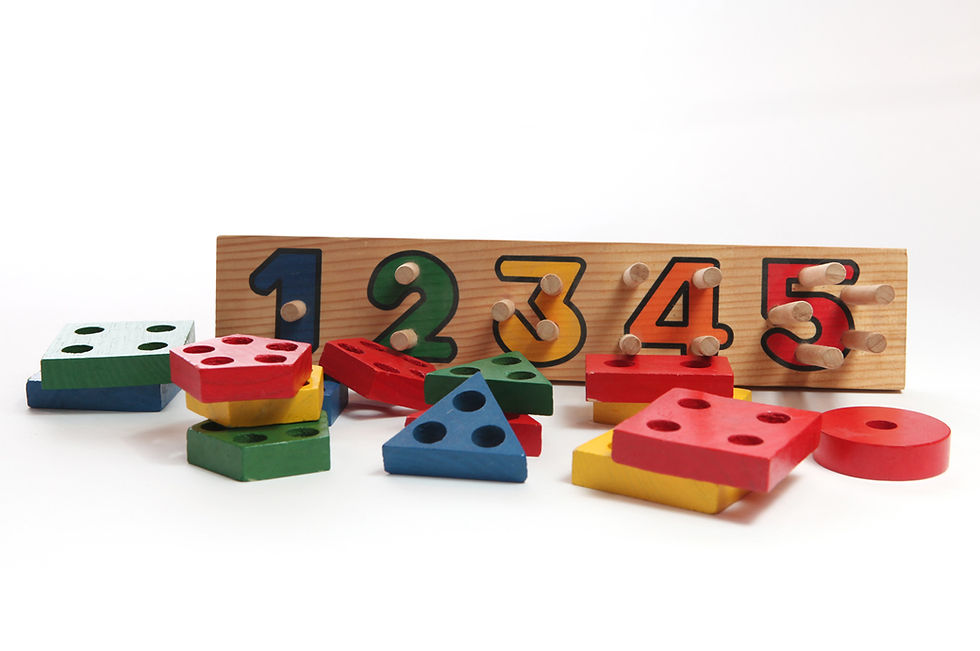Soothing and Easing Memories
- Gloria Lybecker
- Dec 10, 2014
- 4 min read

Math.
I invite you to read this word, "math." If you are willing, pause and observe what is happening in your body. Is there a sensation of opening and softening? Are you acknowledging how fun and easy it is to focus on math? Or does your body contract and withdraw? Does a frown of concern or worry move across your face? Do you need a little understanding about how little you want to interact with any math concepts? Would you rather anything else? Do you love choice, and freedom, and autonomy?
As I wrote these lines I noticed my own body (which had contracted and withdrawn into avoidance) loosened and relaxed as I named the sensations of my own inner experience. This observational practice, when mindfully experienced repeatedly, can take just a matter of moments.
Just yesterday, as I attempted to help my son with his math, I automatically moved into strategies I was taught as a youth. "I'll be right back!" I told him as I raced down the stairs to eagerly print out a couple of charts. "This ought to help him." I told myself as I headed back up the stairs.
"You're not listening to me, mom." he said with a frown, pushing aside the charts with irritation. "You are telling me what to do, rather than helping me learn math my own way!"
Feeling a tingle of surprise cross my face as I took in his expression, I observed the sensation was quickly followed by the numbness of shame. (Increasing sensitivity to inner sensations and emotions, especially in relationship with others, promotes the capacity to link different areas together in our brain.) Consciously I dropped into my own inner sea of experience for a moment. My gut had tightened, my breathing slowed, and my face tensed, alerting me that my survival system was activated. As I took a couple of slow, long breaths, deep into my diaphragm, the image of an adolescent me struggling to take in new math concepts, and feeling horribly ashamed to ask for help, emerged in my mind's eye.
"You're so stupid and dumb, you never do anything right." The familiar voice of my inner critic hollered.
Deliberately I invoked the warm memory of my oldest sister, who had taken time to be kind to me as a youth. She had gently, and thoughtfully, remained relational and open-hearted to my style of learning. I remembered how this had created the neuroception of safety in my environment and it had become possible for me to understand new concepts. As I reflected on this memory, in less than a micro-second, my whole being softened, and my social engagement system re-engaged.
To enrich the warmth and softness in my face and tummy, I turned and gazed out the window at my horse, Saphira. I focused a moment longer on invoking the sensations I'd felt in my hands when I smoothed her thick winter coat, and sank further into the memory of her softness and warmth. I absorbed the memory of her smell, the sound of her nicker, and the very essence of her presence into my being. In the background of awareness, I linked the memory of shame in my body, while I kept the spotlight of awareness on the visceral gift of her timeless, soothing love. Holding both at the same time, I felt love connect with shame, sinking into the younger layers of myself as they were given what they'd been so hungry for.
When we are reminded of old experiences of frustration, incomprehension, or other times when we have felt physical or emotional pain, the old experience starts to mix with what is present in our awareness. Any time our body comes alive with sensation we are in a change-able and heal-able state. We can take advantage of this opportunity for memory reconstruction and reconsolidation by bringing positive material (like support, being loved, longings and values, and good memories) alongside the old, negative experience. This disrupts the embedded pattern of reconsolidation back into implicit (non-conscious) memory. This can be done either with a single, powerful rescue, or by repeatedly resting the mind on pleasant experiences of the positive, soothing and easing the negative implicit memories. In many cases, can change, and even erase the old negative experiences.
As I became present once more with myself, I turned to repair the rupture with my son, "Wow, you are right on, I wasn't listening to you! Instead, I totally jumped right into strategies from how I was taught, without asking if you were open to hearing them."
"I think differently than you and dad, and I do things differently too!" he pointed out with feeling.
"Yes you do, son." I acknowledged, "and right now, in this moment, I'm so grateful you have the courage to speak up and honestly express what you need. I'm really sorry I got caught up in my own stories. Can we start over?"
"Yeah," he agreed, "but I'll only look at the chart with my eyes when I want to."
"Thank you." I said, smiling with relief, “Now, I'm wondering... would you be willing to teach me how you learn math? Because you know, as an adolescent you are able to think outside the box in really creative ways, and who knows what we'll learn!"
Returning a wide smile, he replied, "Sure! So here is how I see it..."
Life is full of challenges that can strengthen us from the inside out at any age, but particularly in adolescence. When we repeatedly nurture more space in our own mind for self-awareness, we can model a radically different way of being in relationship with our loved ones. A natural result for our teens can be two-fold; experiencing the capacity to pause and consider all their options before impulsively taking action, and the ability to trust their own intuition to make wiser decisions. This











































Comments